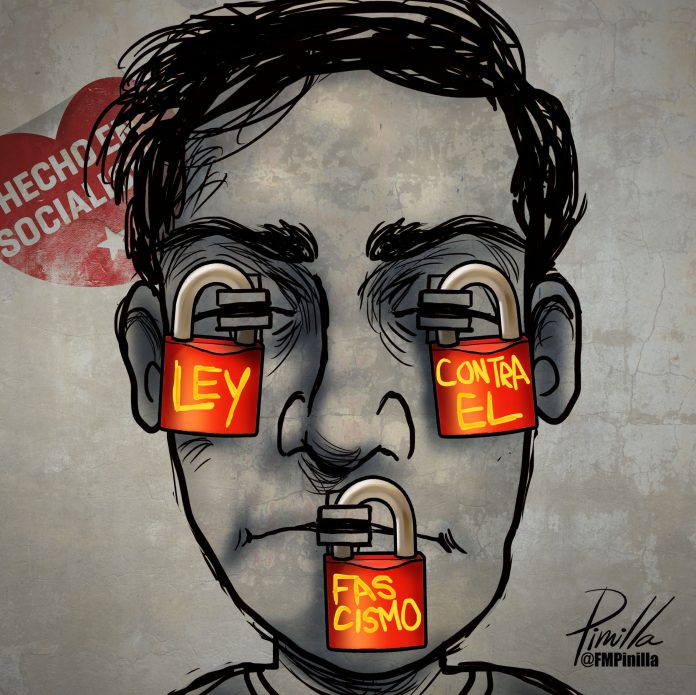The Venezuelan Observatory on Social Conflict (OVCS) registered 748 protests in August 2020, equivalent to an average of 25 per day. This figure represents a decrease of 4% compared to the same period last year.
The core of the protests was the demand for Economic, Social, Cultural, and Environmental Rights. Venezuelans demonstrated 702 times, under different modalities, mainly to reject the collapse of basic services, poor working conditions, and the lack of access to health and food.
40 percent of the protests documented in August were related to the fuel crisis. The OVCS registered 315 protests for gasoline, with an average balance of 33 people arrested and 4 injured in the context of the demonstrations, due to both long waiting times to get supplies and the cruel and inhuman abuses perpetrated by officials of the Bolivarian National Guard (GNB), responsible for the control and sale of fuel.
Nueva Esparta leads the count of protests for fuel shortages with 70 demonstrations, followed by the states of Lara (40), Monagas (36), Bolívar (31), and Portuguesa (28).
Deterioration of public services
The collapse of basic services (domestic gas, electricity, and drinking water) has been a sustained and chronic problem. In August, 302 protests due to this situation were recorded, with a tendency to become more acute with the restrictions imposed during the state of alarm and mandatory confinement.
Workers also continue to express their dissatisfaction with the living conditions to which they are subjected. They staged 229 protests, eight each day on average, in rejection of the precarious wages, insufficient to cover the food basket.
For the second consecutive month, the OVCS documented protests by retirees and pensioners on approximately 46 occasions.
Regarding the right to health, 114 protests took place in August, in rejection of the precarious conditions of the health infrastructure, and the provision of equipment and supplies for regular use and biosecurity. Food insecurity, aggravated during the pandemic, was also a source of discontent among the population, leading to 60 recorded demonstrations.
The OVCS insists on a call to the authorities to stop ignoring the needs of the population. Citizen well-being is not exactly a matter of concern for the Nicolás Maduro regime, more focused on its permanence in power. Proof of this is the recurring social protests for basic services, better working conditions, food, health, and education.
The country is moving towards greater political polarization in the coming months and probably a weakening of the democratic opposition amid the greatest economic and social crisis the country has ever experienced. The most affected will continue to be the regular Venezuelans who, in the midst of their struggles for a better life, will find themselves helpless.
Download the full report in Spanish HERE.
Translated by: José Rafael Medina




